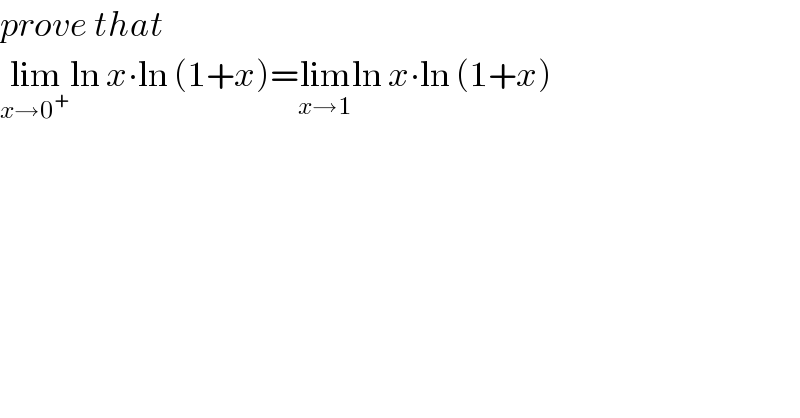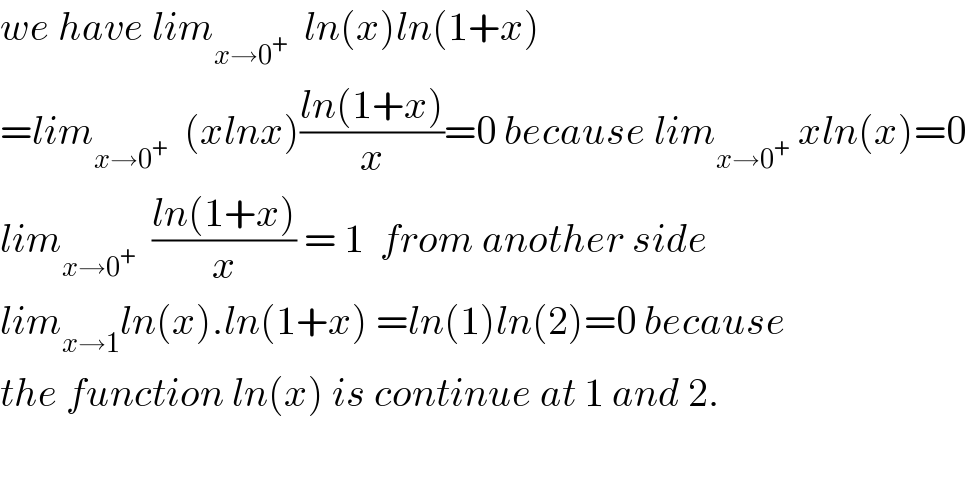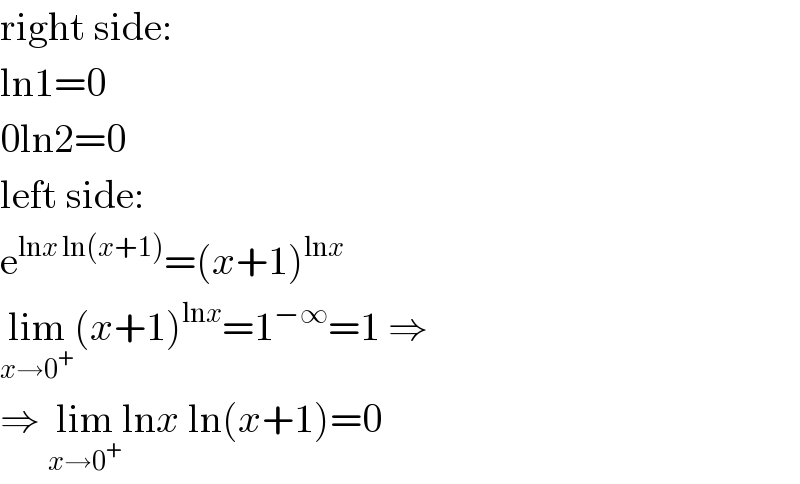
Question and Answers Forum
Question Number 34160 by candre last updated on 01/May/18

Commented by tanmay.chaudhury50@gmail.com last updated on 01/May/18

Commented by tanmay.chaudhury50@gmail.com last updated on 01/May/18

Commented by abdo mathsup 649 cc last updated on 02/May/18

Answered by MJS last updated on 02/May/18

